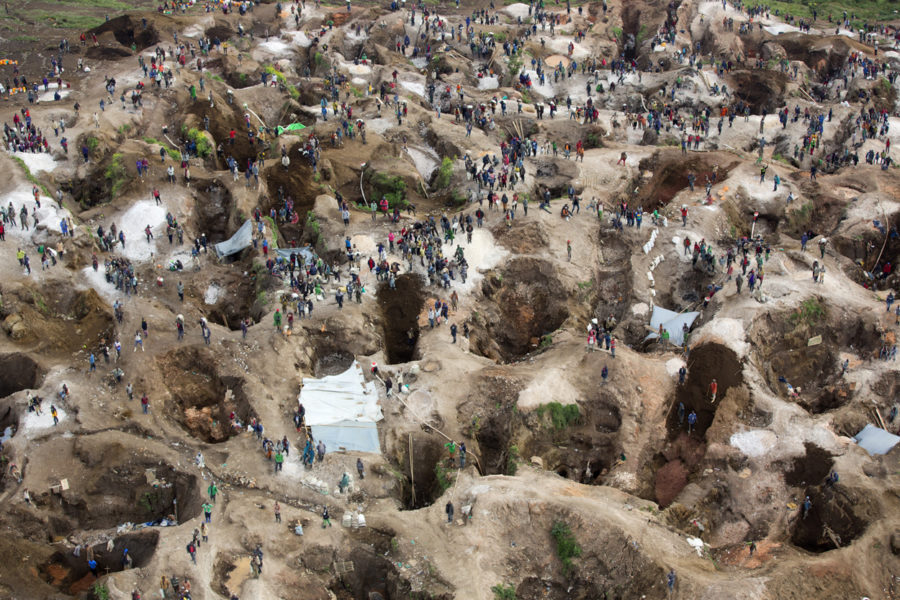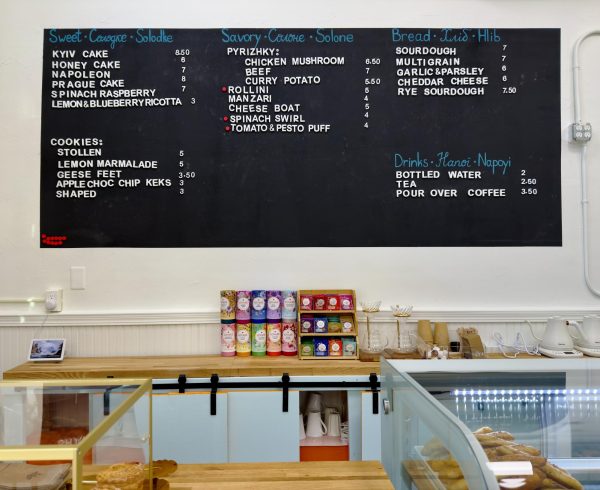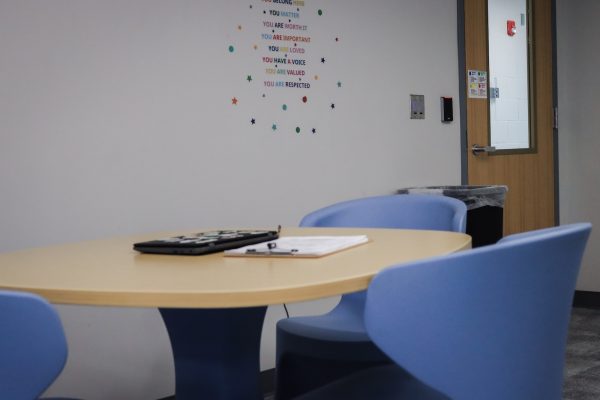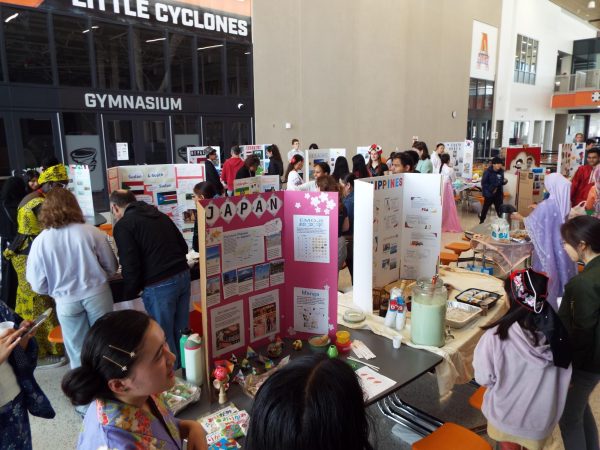Batteries Kill: Slavery In The Congo
Creator: Sylvain Liechti | Credit: MONUSCO/Sylvain Liechti
The lithium-ion batteries in much of what you use, the rechargeable type, the type we are planning so much of our future on, require one resource responsible for an ever-growing wave of modern-day slavery. Cobalt. Mining is centralized in the Democratic Republic of Congo, where 70-80% of cobalt is sourced.
Siddharth Kara, writer of Cobalt Red, says on NPR, “People are working in subhuman, grinding, degrading conditions. They use pickaxes, shovels, stretches of rebar to hack and scrounge at the earth in trenches and pits and tunnels to gather cobalt and feed it up the formal supply chain.”
This mining however is overlooked for the sake of money. Empowerment of this is fueled by large companies like Apple and Tesla, who are viewed as leaders into the future, without noting the regression to atrocities in the past we unknowingly enforce upon others. We ignorantly aid the pained horse in the field before the one we are blindly killing to pull our wagon.
Image Via: Wikipedia Creative Commons
In “The Dark Side of Congo’s Cobalt Rush,“ by Nicolas Niarchos in The New Yorker, we find the story of Ziki, a 15-year-old worker who often was in life-threatening working conditions, as the government did not have the means to regulate child labor. He stated, “I would bump into older people who were going down into the pits, and they would tell us, ‘You children, if you enter you will die.’”
This blatant disregard for human life cannot continue to be overlooked, and as long as we can blame the companies doing such, we, at the end of the day, have the utmost power over these companies as their customers. To fight this problem we must not only push back socially and bring awareness but be mindful of where our money goes, and how those people end up using it.
Your donation will support the student journalists of Ames High School, and Iowa needs student journalists. Your contribution will allow us to cover our annual website hosting costs.

All Articles posted are representative of only a moment of Bennett's opinions as a highschooler, likely to change at any given time.
































